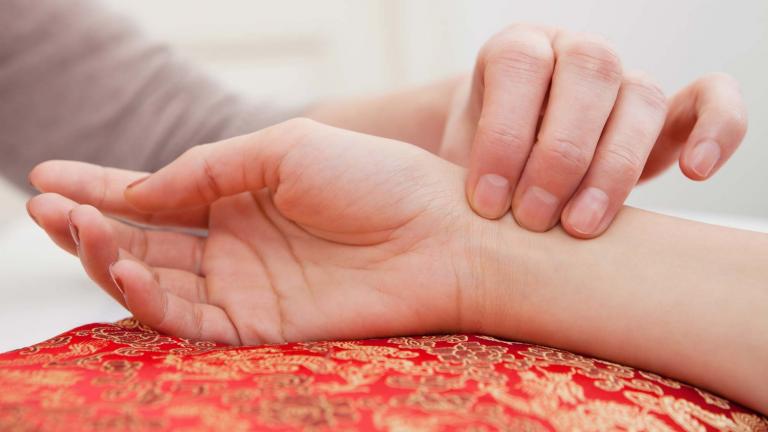Acupuncture and pulse and herbs
2 min readA passage from the Confucian classic Lji(Book of Rites): Quli states,”One should not take the medicineof a physician who is not versed in the Three Medical Disciplines.”The Three Disciplines refer to the three branches of traditional Chinese medicine that developed in ancient China. The first Discipline is acupuncture.

It is origins date from the legend of Fuxi inventing the nine acupuncture needles to the compilation of Huangdi Zhenjiu(The Yellow Emperor’s Classic of Acupuncture). The second Discipline is the study of the pulse. The origins of this tradition date from the Yellow Emperor and QiBo’s dis-cussions of the meridians in the Neijing to the classic work Suni Maijue(Plain Girl’s Treatise on Pulse Diagnosis). The third Discipline is herbal medicine, dating from the legend of Shennong testing 100herbs to Shennong Bencao Jing(Shennong’s Classic of Herbal Medicine). The Book of Rites’ reference to the Three Medical Disciplines indicates that physicians should attain a thorough mastery of all aspects of medicine, rather than settling for incomplete knowledge. This passage has stood through the ages asa warning against medical charlatans and plagiarists, who not only hinder advances in medicine but also cause untold harm to their patients. Learning from their mistakes has been an important lesson in the history of traditional Chinese medicine.
The third Discipline is herbal medicine, dating from the legend of Shennong testing 100herbs to Shennong Bencao Jing(Shennong’s Classic of Herbal Medicine). The Book of Rites’ reference to the Three Medical Disciplines indicates that physicians should attain a thorough mastery of all aspects of medicine, rather than settling for incomplete knowledge. This passage has stood through the ages asa warning against medical charlatans and plagiarists, who not only hinder advances in medicine but also cause untold harm to their patients. Learning from their mistakes has been an important lesson in the history of traditional Chinese medicine.









